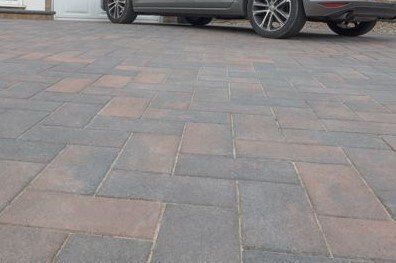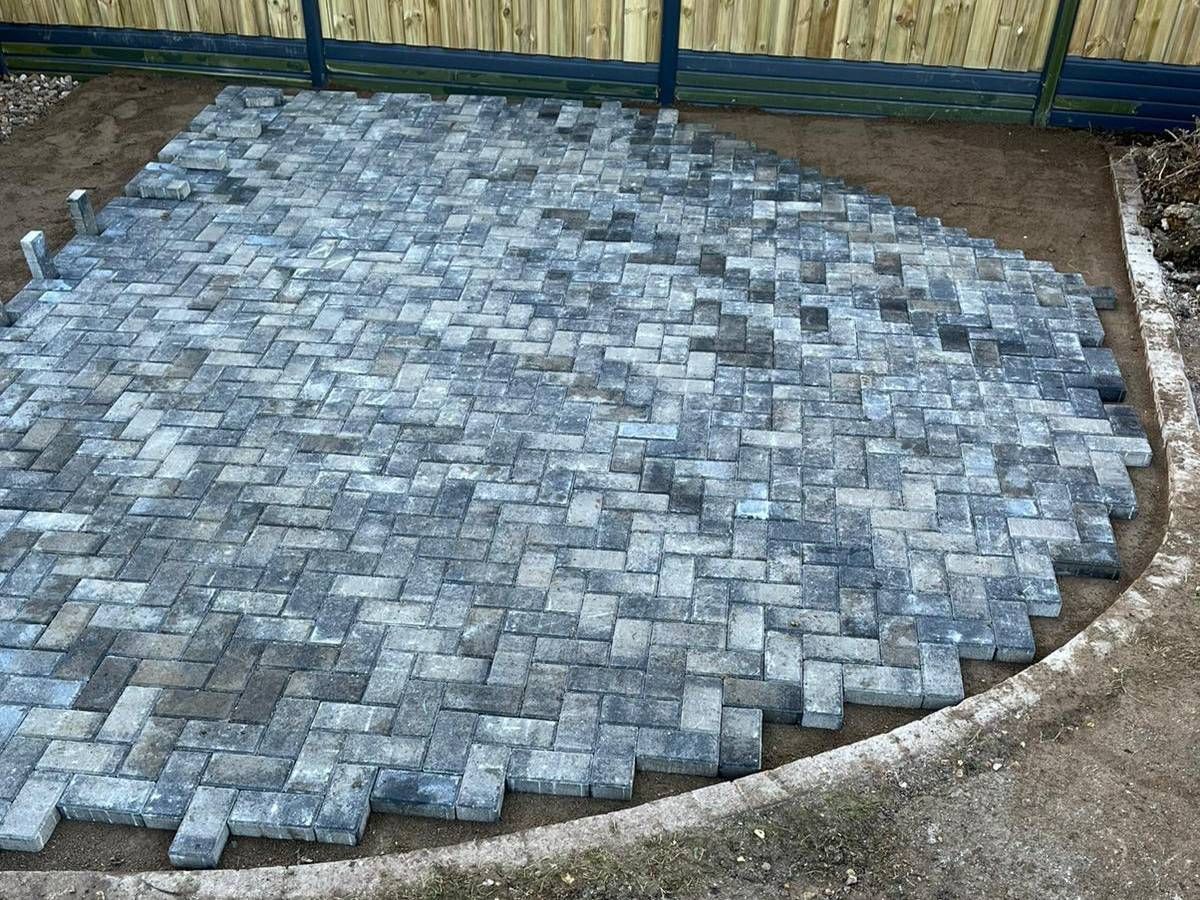Block paving is a popular choice for driveways, patios, and pathways in Leeds due to its durability, aesthetic appeal, and versatility. However, like any outdoor surface, it requires regular maintenance to keep it looking its best and to prolong its lifespan. Here are some essential tips for Leeds homeowners to maintain their block paving effectively.
1. Regular Cleaning
a) Sweeping
Regularly sweep your block paving to remove debris, leaves, and dirt. This simple task prevents the buildup of organic matter that can lead to stains and moss growth. Aim to sweep your paving at least once a week, especially during the fall when leaves are more likely to accumulate.
b) Power Washing
For deeper cleaning, consider using a power washer to remove stubborn dirt, algae, and moss. However, be cautious with the pressure setting, as too much pressure can dislodge the joints or damage the surface of the blocks. A pressure washer with a setting of around 1,200 to 1,500 psi is generally safe for block paving.
2. Joint Maintenance
a) Inspect the Joints
Regularly inspect the joints between the blocks for any signs of erosion or loss of jointing sand. Well-maintained joints are crucial for the stability of the paving and help prevent weed growth.
b) Reapply Jointing Sand
If you notice that the jointing sand has washed away or is becoming compacted, replenish it by sweeping in new jointing sand. This will help keep the blocks in place and prevent weed growth.
3. Weed Control
a) Preventing Weeds
Weeds can quickly take over block paving if not addressed. To prevent weed growth, use a herbicide that is safe for the environment, or apply a natural solution like vinegar or boiling water to kill weeds.
b) Manual Removal
For small patches of weeds, manual removal is often the most effective solution. Regularly check for weeds and pull them out by hand to prevent them from spreading.
4. Dealing with Stains
a) Identify the Stain Type
Different stains require different treatments. For oil stains, use a degreaser specifically designed for paving. For rust stains, a mixture of lemon juice and baking soda can be effective. For general stains, a mixture of warm water and mild detergent usually does the trick.
b) Blot, Don’t Scrub
When treating stains, blot the area with a clean cloth rather than scrubbing. Scrubbing can damage the surface of the blocks and make the stain worse.
5. Sealing Your Block Paving
a) Why Seal?
Sealing block paving can protect it from stains, moisture, and UV damage. It also enhances the color and appearance of the paving. Consider sealing your block paving every 2-3 years, depending on the wear and tear it experiences.
b) Choose the Right Sealant
When selecting a sealant, opt for a product that is suitable for block paving and provides a non-slip finish. Follow the manufacturer’s instructions for application and curing times.
6. Addressing Settling and Movement
a) Check for Settling
Over time, block paving may settle unevenly due to soil movement or poor drainage. Regularly inspect your paving for any dips or raised areas.
b) Re-leveling
If you notice significant settling, it may be necessary to lift the affected blocks, add a new layer of sand, and re-lay them. This process ensures a level surface and prevents water pooling.
7. Winter Care
a) De-icing Solutions
During winter, avoid using salt for de-icing, as it can damage the block paving and lead to surface erosion. Instead, consider using sand or grit, which provides traction without causing harm.
b) Remove Snow Promptly
Regularly clear snow from block paving to prevent it from compacting and freezing, which can lead to surface damage. Use a plastic shovel to avoid scratching the blocks.

8. Professional Maintenance
a) Consider a Professional Clean
If your block paving requires extensive cleaning or maintenance, consider hiring a professional cleaning service. They can perform deep cleaning, re-sanding, and sealing, ensuring your paving looks its best.
b) Regular Inspections
Schedule annual inspections with a paving contractor to identify any potential issues early on. This proactive approach can save you time and money in the long run.
Conclusion
Maintaining your block paving is essential to ensure its longevity and appearance. By following these tips, Leeds homeowners can keep their outdoor spaces looking beautiful and functional for years to come. Regular cleaning, timely repairs, and professional maintenance when needed will protect your investment and enhance the overall value of your property. Embrace these maintenance practices to enjoy your block paving year-round!
